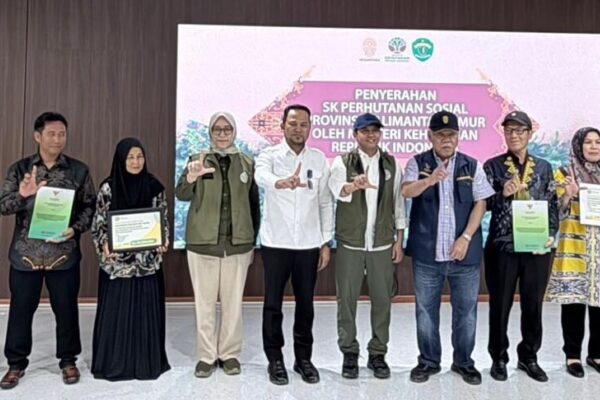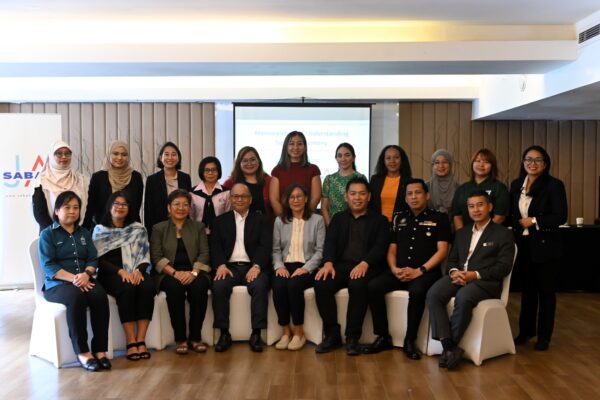An opinion piece by Ann Fuller, Global Farmer Livelihoods and Resilience Lead & Cocoa Coordinator
~ 5 min read
At Earthworm Foundation, we’ve spent decades working alongside smallholders who grow the cocoa, palm oil, and other raw materials in our everyday products.
Many of these farmers are smallholders, working just a few hectares, often on land their families have tended for generations. Through years of collaboration with our field teams and partners, I’ve seen how deeply their lives and livelihoods are tied to global supply chains, and how they are changing in ways that further diminish their prospects.
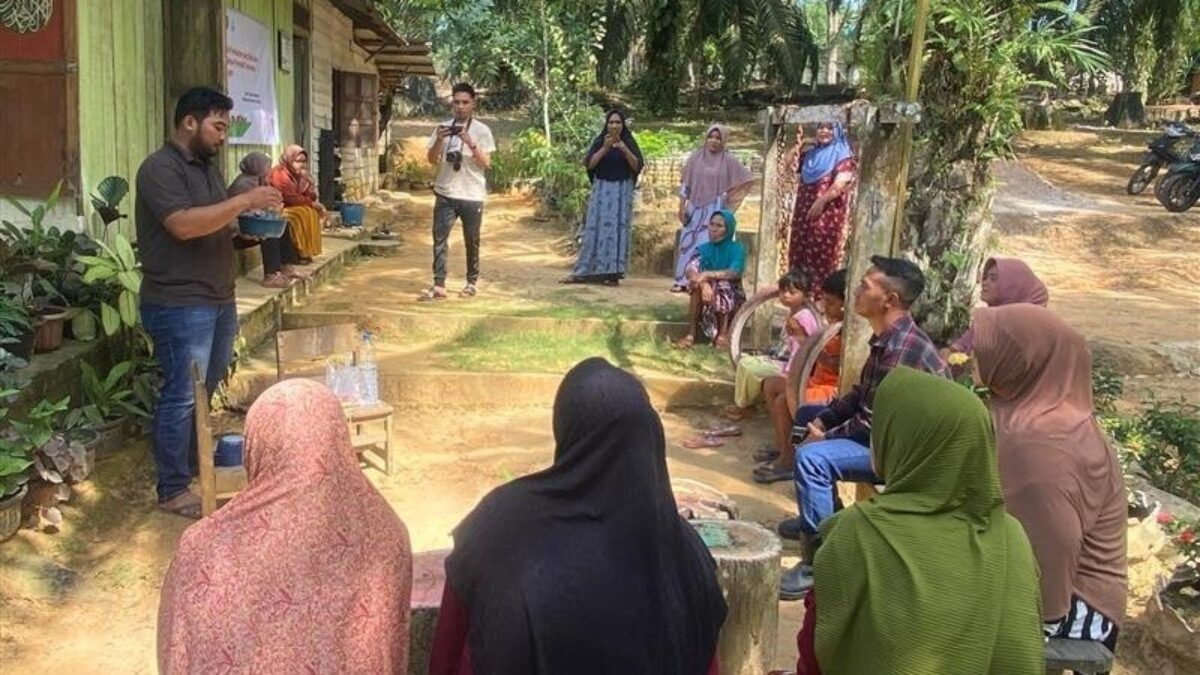
That’s why Earthworm Foundation joined over 40 organisations in signing a joint position paper developed by Fairtrade International, Fair Trade Advocacy Office, Rainforest Alliance, and Solidaridad.
The paper raises critical concerns about the European Commission’s move to simplify a range of legislation under its so-called Omnibus package - amendments which threaten to roll back the EU’s attempt to end European companies’ complicity in environmental and human rights abuses. Among the legislation that is at risk of being weakened, which the paper specifically addresses, is the Corporate Sustainability Due Diligence Directive (CSDDD), which requires company directors to consider the human rights, climate, and environmental impacts of their businesses. Though adopted, the directive’s success now hinges on how it’s implemented and whether it lives up to its original intent.
We strongly support the paper's core message: that the proposed changes could exclude smallholders from meaningful due diligence, remove essential safeguards like responsible disengagement, and make it harder for companies to uphold their sustainability commitments.
The ambition behind the EU CSDDD is one we at Earthworm Foundation fully support. Making human rights and environmental due diligence the norm is essential for transforming supply chains in a lasting, equitable way. But to be effective, that transformation must include support for smallholder farmers at the very start of the supply chain.
How the Council’s Position on the Omnibus Package Aligns with (or Diverges from) Smallholder Concerns
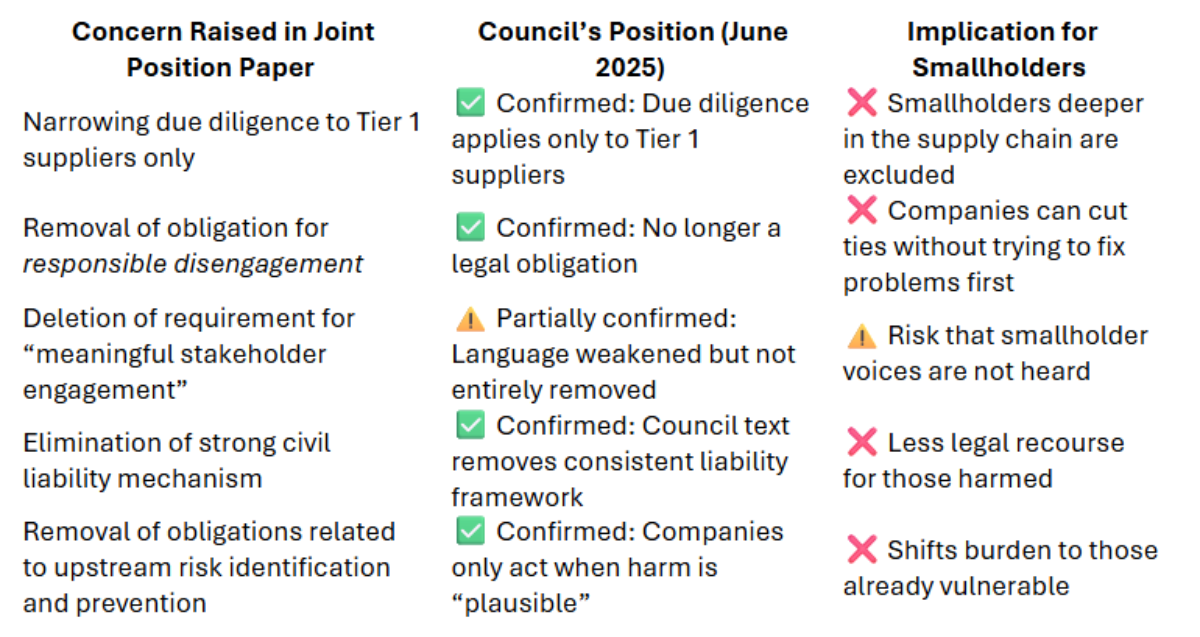
As the position paper highlights, one of the most concerning changes in the Omnibus proposal is the removal of requirements for companies to engage beyond their direct suppliers (known as Tier 1).
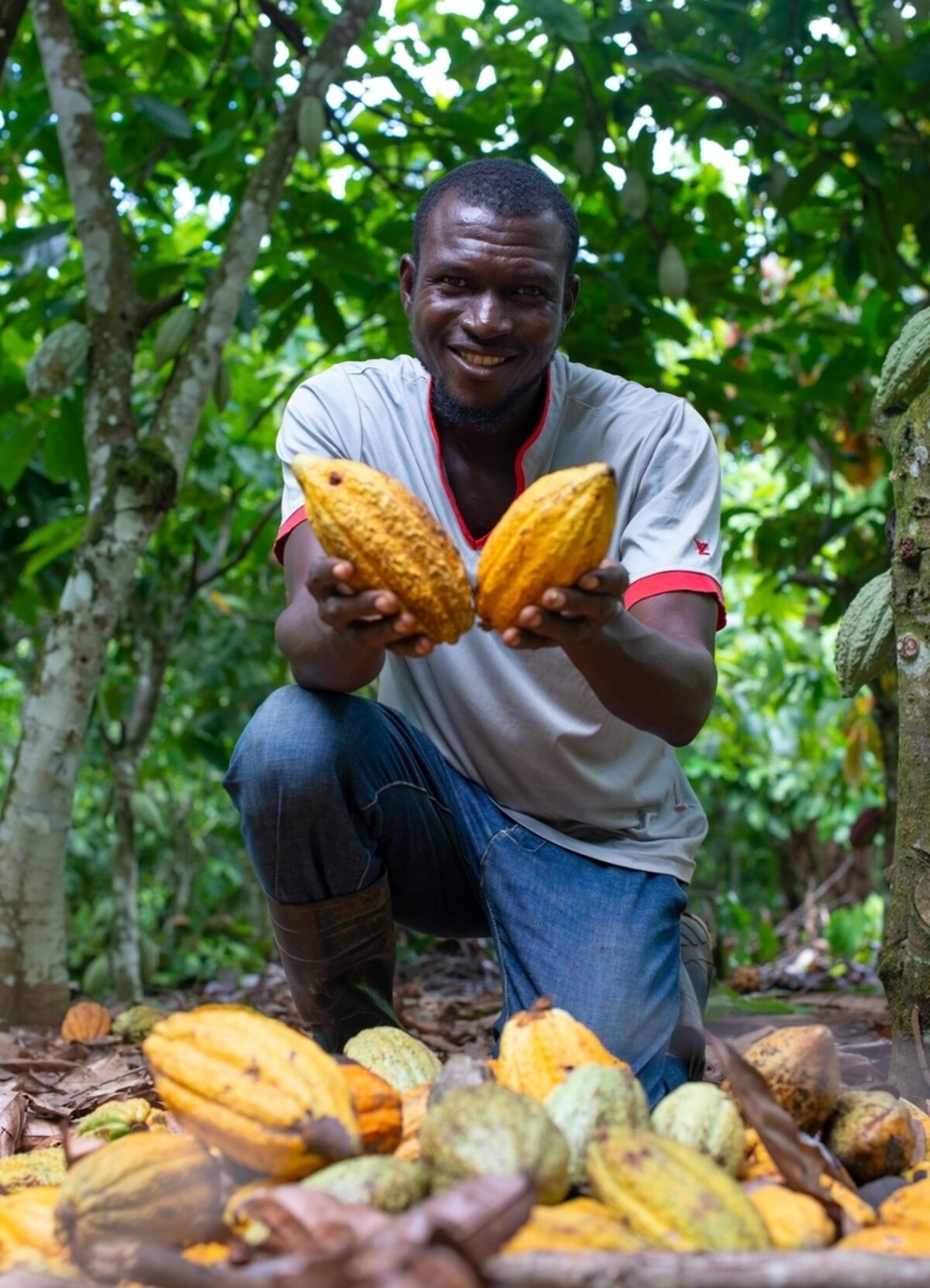
This would mean that smallholders, who often sit several steps removed from big brands, could be excluded from due diligence processes entirely. It also eliminates the obligation for “responsible disengagement,” allowing companies to sever ties with suppliers without trying to resolve problems first.
This might look like efficiency on paper, but it can mean lost livelihoods for farming households already struggling to earn a decent income.
Take Gbangbo Nicaise, a cocoa farmer and father of five in Côte d’Ivoire. He’s part of an Earthworm Foundation landscape program that supports farmers in building long-term resilience through growing cocoa alongside native trees, which can restore biodiversity and improve long-term yields.
With proper support, from technical training to access to inputs, he’s made changes that benefit his land and livelihood, meet market demands for responsibly produced products, and strengthen supply security.
But without that support, his options narrow quickly. Declining yields or unexpected emergencies could make the need to cut down forests to expand production or abandon sustainable practices more likely.
This is what the Omnibus proposal misses - prevention is cheaper, fairer, and more effective than reaction.
If companies only have to act once harm becomes “plausible” or visible, through a media exposé or NGO alert, then we’re not preventing harm at all. We’re just shifting the burden to the most vulnerable people in the chain, as the authors of as the Position Paper’s authors point out.
And the implications go far beyond the farm. When smallholders fall through the cracks, the entire supply chain suffers.
Fragmented data, unstable supply, reputational risks, and missed ESG targets are not minor concerns for companies that rely on strong sourcing relationships and increasing pressure from investors and consumers to prove sustainability claims.
At Earthworm Foundation, we’ve spent over 25 years working across cocoa, palm oil, rubber, and timber supply chains, supporting smallholders globally. Through this work, we’ve better understood the challenges producers face and the potential that can be unlocked - when they are seen not as risks to manage, but as partners to invest in.
As this position paper outlines, the EU should reject the proposed changes in the Omnibus package. This means:
- Keeping due diligence obligations that go beyond Tier 1 suppliers
- Ensuring responsible disengagement practices are a legal requirement, not a choice
- Involving civil society and local organisations in stakeholder engagement
- Upholding a consistent civil liability mechanism across the EU
I know these proposals are being made in the name of simplification. But there’s a difference between making things easier and making them weaker. Supply chains are complex, but they’re also communities. They are made up of real people like Gbangbo Nicaise, whose futures depend on decisions made in boardrooms and legislative chambers many miles away.
The EU has an opportunity to show that it takes sustainability and human rights seriously, not just as policy ideals but as practices embedded in trade, procurement, and corporate accountability. We urge decision-makers to keep the CSDDD strong, inclusive, and aligned with international standards like the UN Guiding Principles and OECD Due Diligence Guidance.
Because, supply chain resilience doesn’t start in a spreadsheet; it begins on the farm and in the soil.
Note: Since we signed the joint position paper, the Council has adopted its negotiating position (June 2025), and Parliament is expected to vote on its version in October 2025. Final agreement is likely during trilogue negotiations toward the end of 2025 or early 2026.
